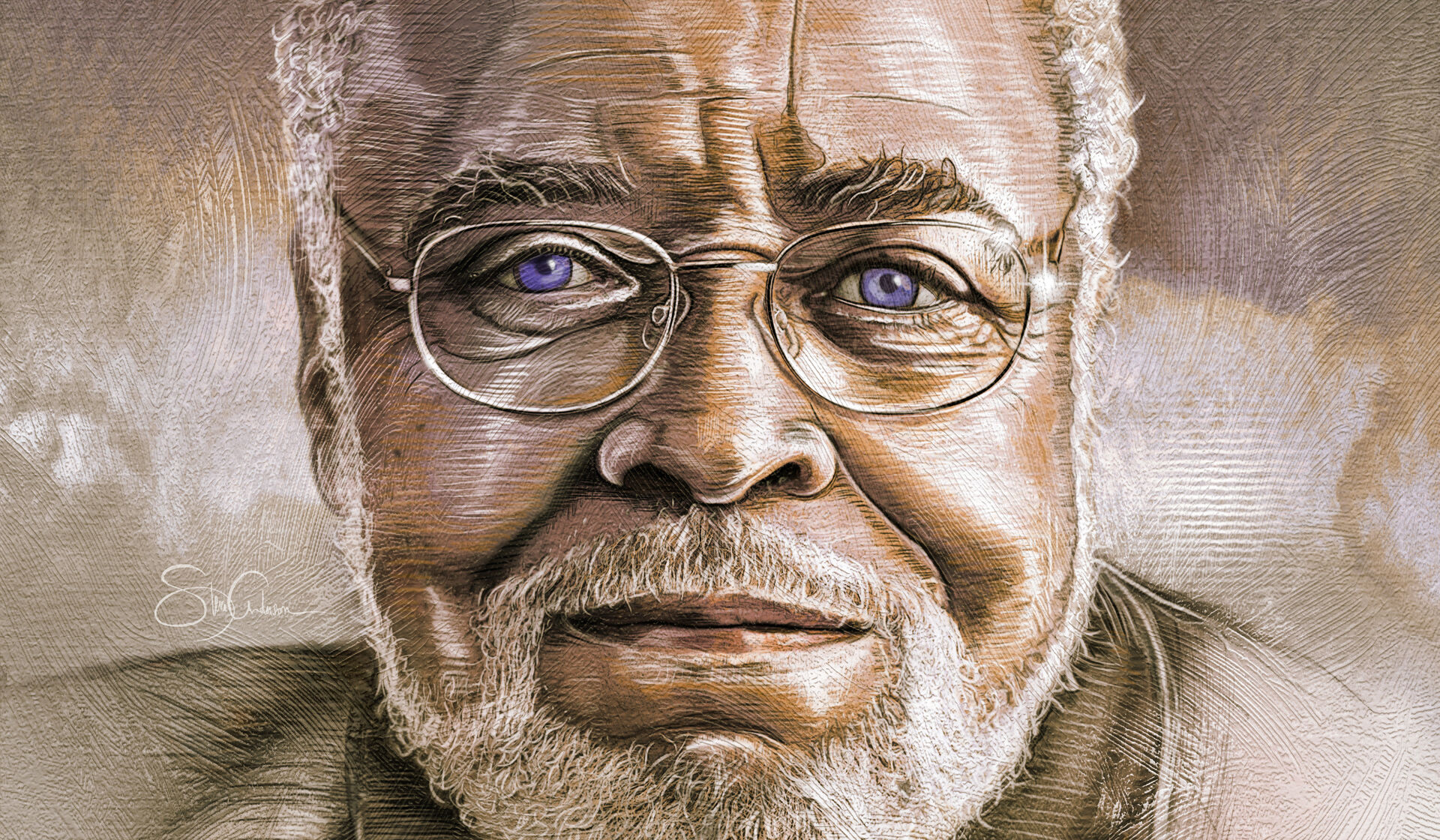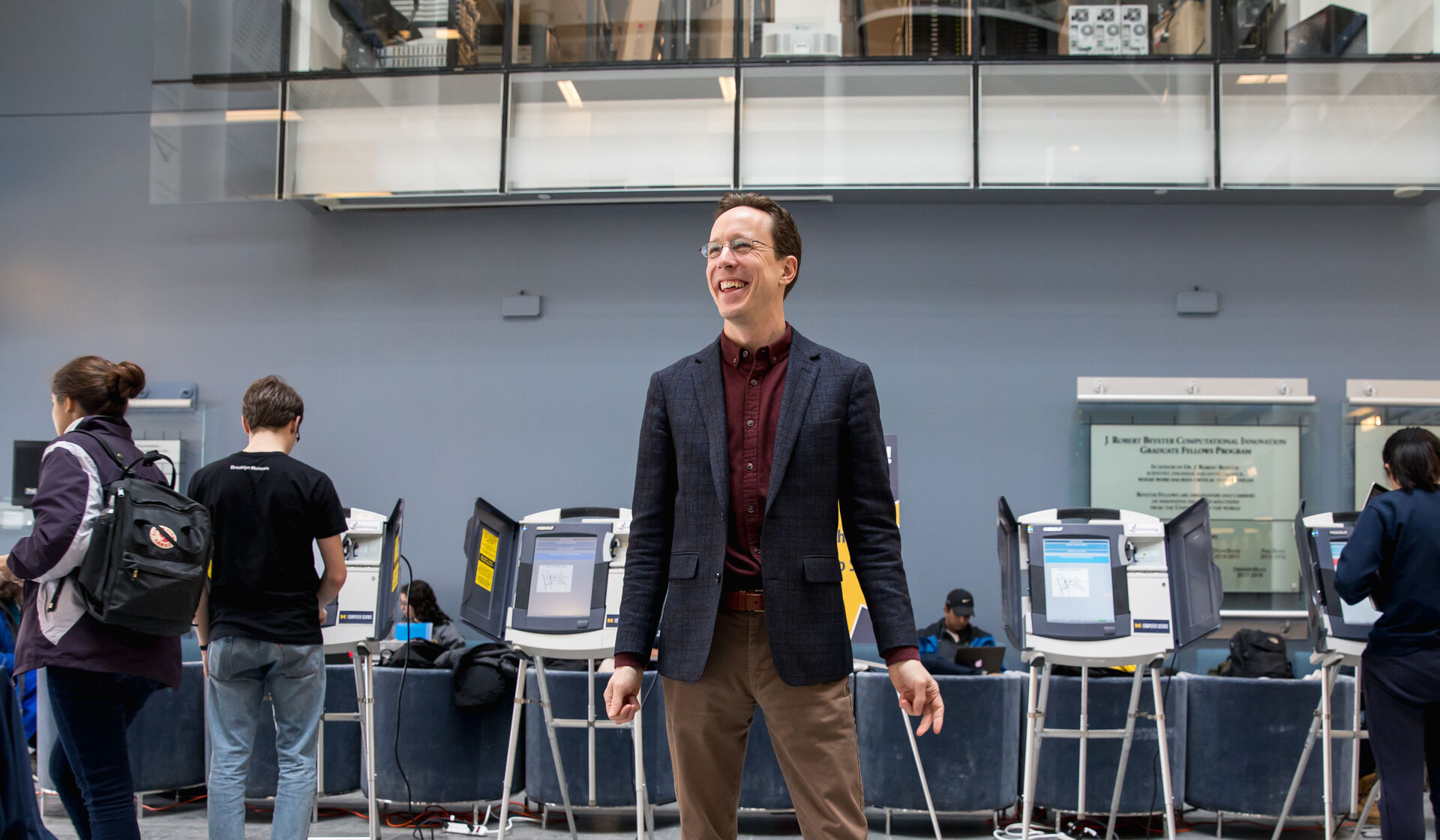Following the killings of George Floyd, Ahmaud Arbery, Breonna Taylor, and others in the Black community, many U-M units have developed resources for individuals to help end structural racism through education and action.
As activist and scholar Angela Davis once said, “In a racist society it is not enough to be non-racist, we must be anti-racist.”
10 Ways to Be Anti-Racist
The Peer Inclusive Education Team at the U-M office of Multi-Ethnic Student Affairs (MESA) created a primer on how to be anti-racist, which includes practicing E.A.R.S. Learn the strategy behind that acronym, ways to respect each other’s boundaries, and how to become more involved in racial justice issues. MESA is grounded in empowering students to address social justice issues and build inclusive spaces and equitable opportunities for all students.
An Anti-Racist Reading List
The U-M Library has compiled a reading list of more than a dozen books on anti-racism, including a 1967 manuscript written by Martin Luther King Jr. demanding an end to global poverty. Also recommended is “Stamped from the Beginning” by the award-winning historian Ibram X. Kendi. He argues that racist ideas in the U.S. have a long and lingering history in which nearly every great American thinker is complicit. From a collection of essays, interviews, and speeches, compiled by the activist-scholar Angela Davis, to James Baldwin’s 1963 national bestseller on the civil rights movement, this list provides a deep dive into the subject of racial injustice.
Anti-Racist Resource Guide
The U-M Museum of Art has created a Black Lives Matter page on its website with links to several learning resources. The site includes a 30-page, shareable anti-racism guide with books; podcasts; movie trailers; and a list of political organizations, legal justice centers, and activists to follow and support. It also includes information on how to be a respectful ally from the Anti-Oppression Network, a coalition of individuals, grassroots groups, and community organizations that recognize the oppression that exists in society and attempts to mitigate its affects.
How Racism Makes Us Sick
Harvard public health professor David R. Williams, ’84, PhD’86, developed a scale to measure the impact of discrimination on well-being. The scale goes beyond traditional measures like income and education to reveal how factors like implicit bias, residential segregation, and negative stereotypes create and sustain inequality. Williams presents evidence in a TED Talk on how racism is producing a rigged system — and offers examples of programs across the U.S. that are working to dismantle discrimination.





